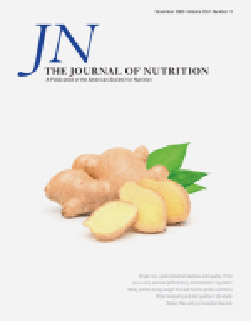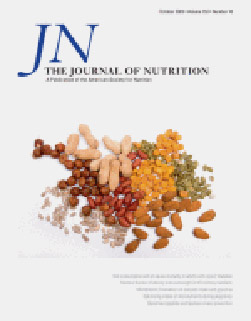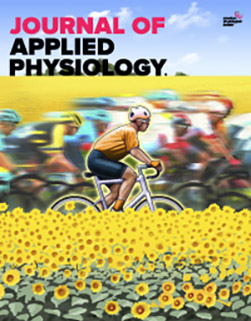Trillions of microbes reside within the human digestive system, processing food and maintaining overall health. This microbial community contains millions of genomes, each of which encodes for molecules whose functions are unknown. Although it is clear that the gut microbiome interacts both with the host and the host’s environment, the underlying mechanisms of how it does so in different environments is poorly understood. Researchers within the Microbiome Metabolic Engineering (MME) theme use their expertise in physiology, biochemistry, ecology, and systems biology to address these questions by studying human-microbiome interactions and identifying unique pathways that relate to health, nutrition, and the environment.
Recent Publications from MME
View full list of publications from MME
From Leaders of the Theme
The microbiome contains millions of genomes, each of which contains a large number of genes and proteins of unknown function and uncharacterized RNA. While NIH has devoted resources towards research to determine what is in the gut microbiome, very little work has been done to gain a mechanistic understanding of how it develops and functions. The MME theme will integrate knowledge and experimental approaches from microbial physiology, microbial biochemistry, microbial ecology, enzymology, nutrition, animal model development, toxicology and environmental health, and systems biology to gain a better understanding of the microbiome’s role in health, develop new methods to assess host-microbe interactions, and examine how environmental toxicants affect human-microbiome interactions and the host.
MME will also address the effect of environmental pollutants on humans. Microbes carry out biotransformations on foreign substances that enter the body–toxic substances can be made non-toxic, but the reverse is also true. The researchers will look at these processes in the gut and the lung to understand how environmental toxicants affect human/microbiome interactions, the impact on the host, and how to alleviate any harm they cause.






